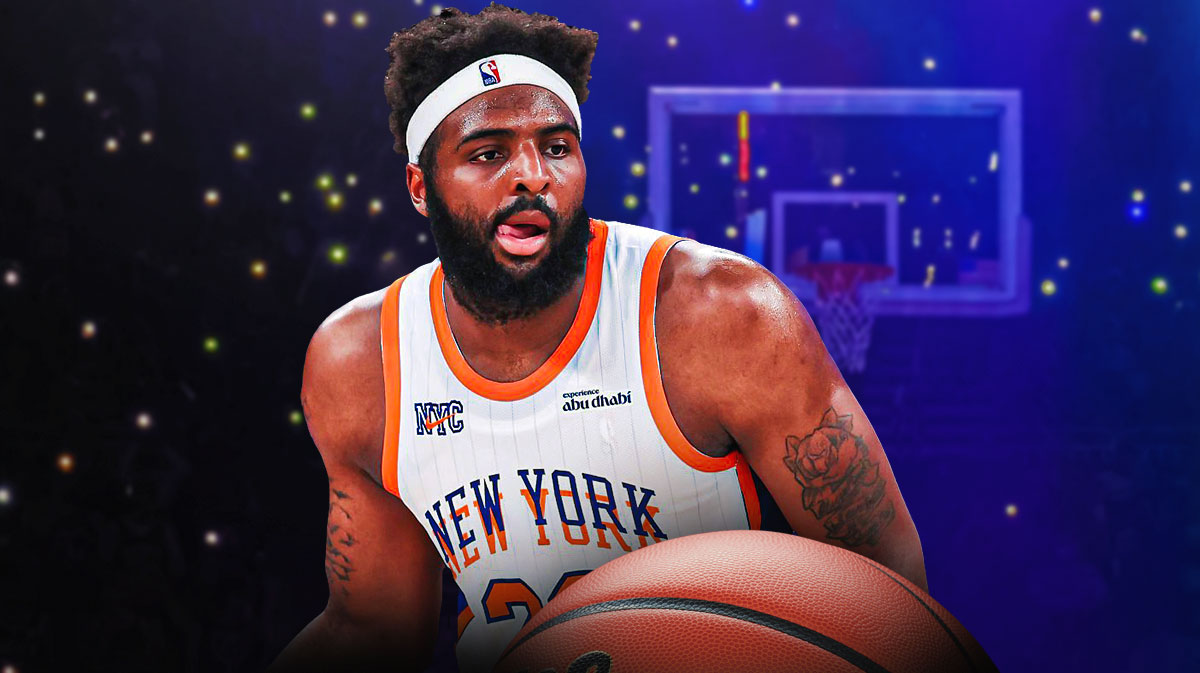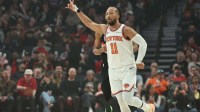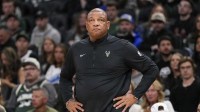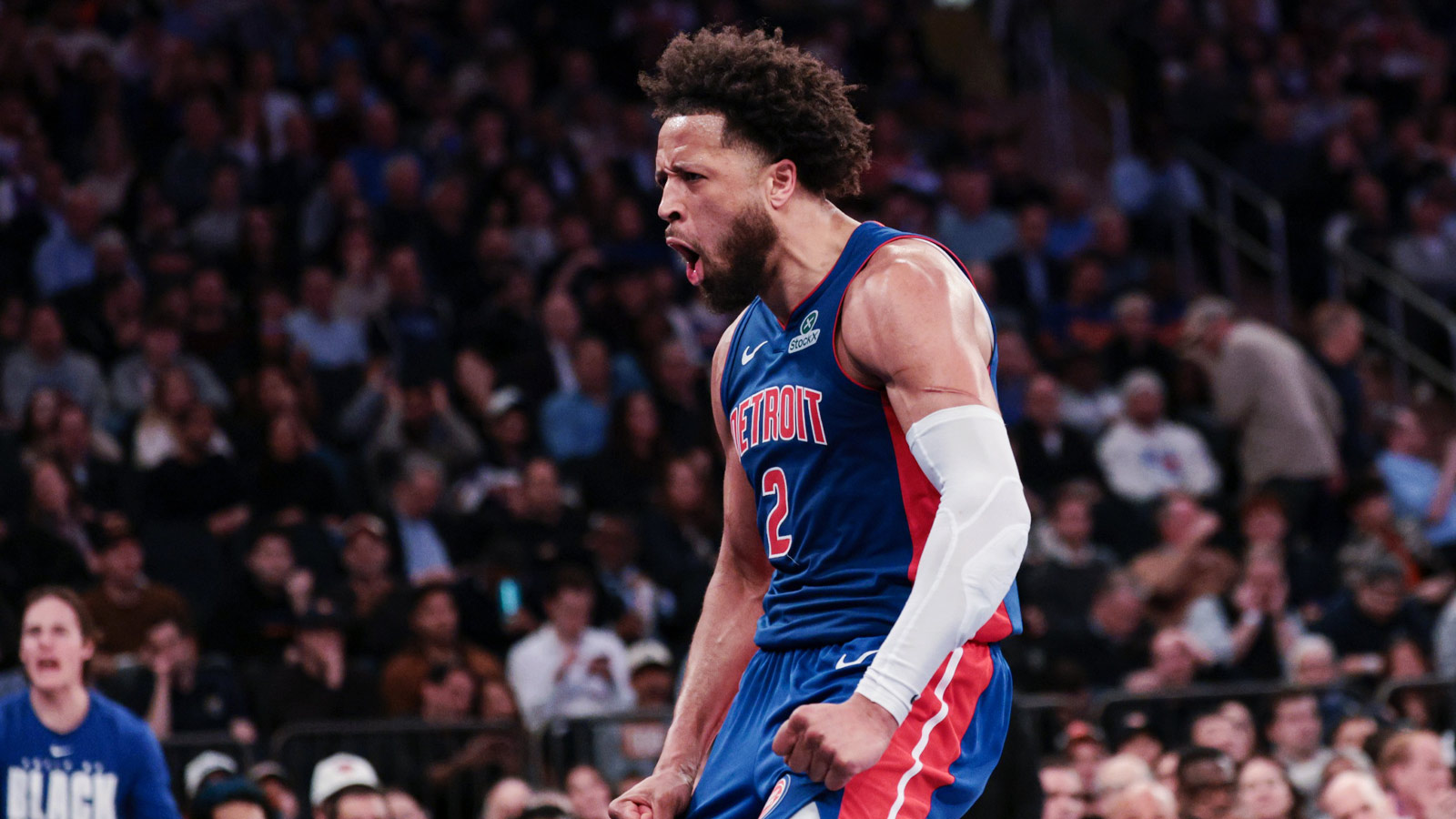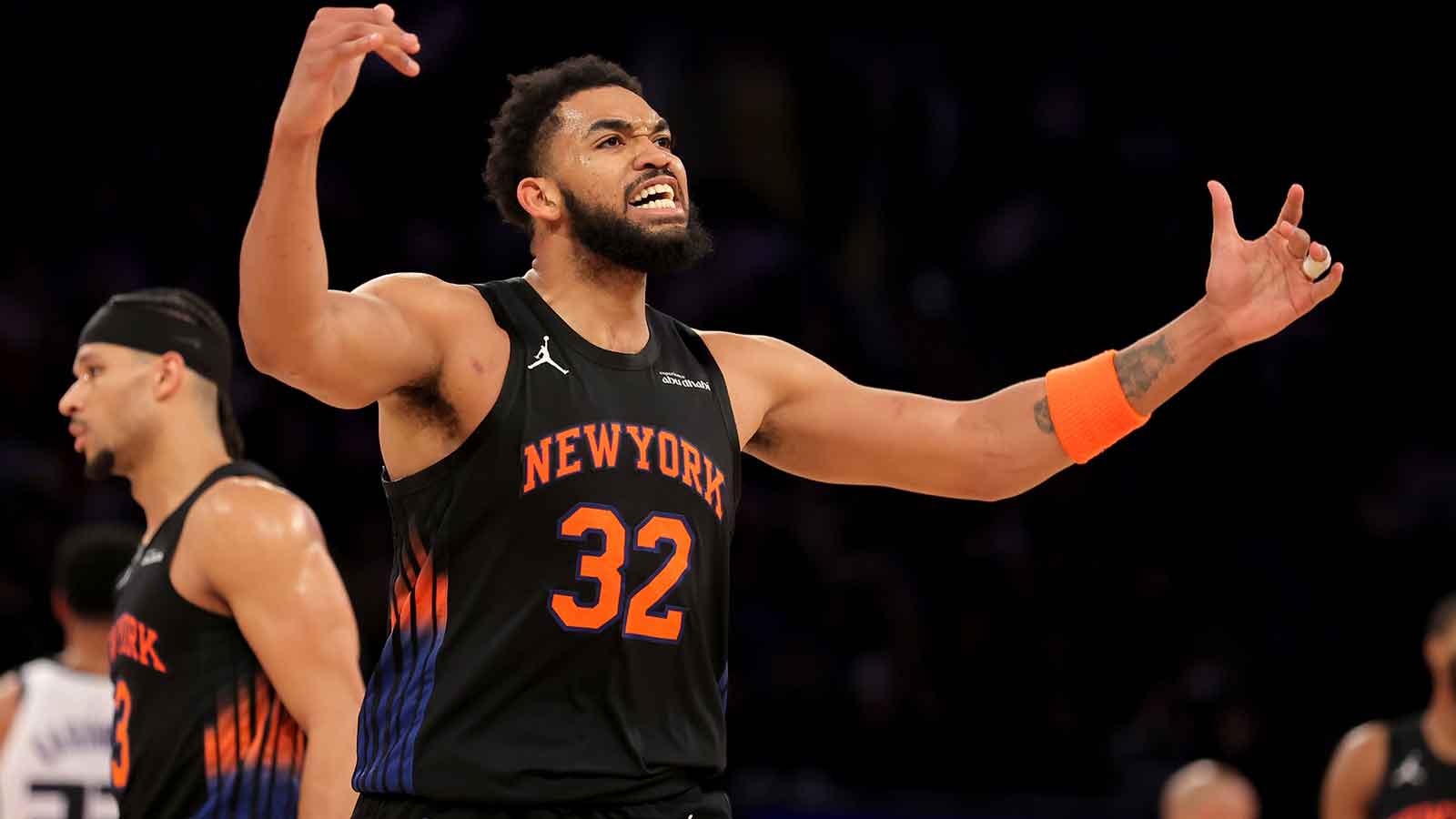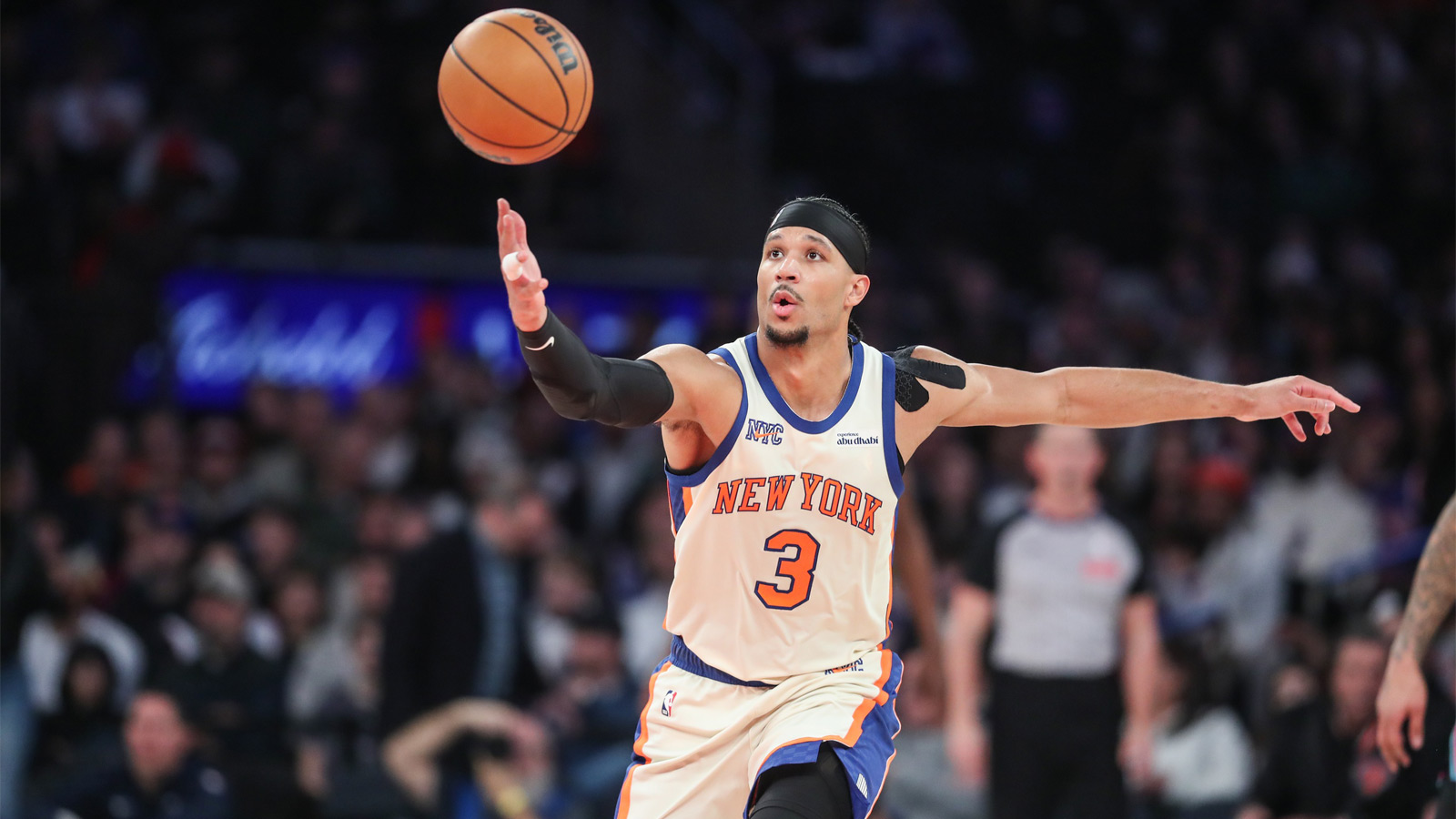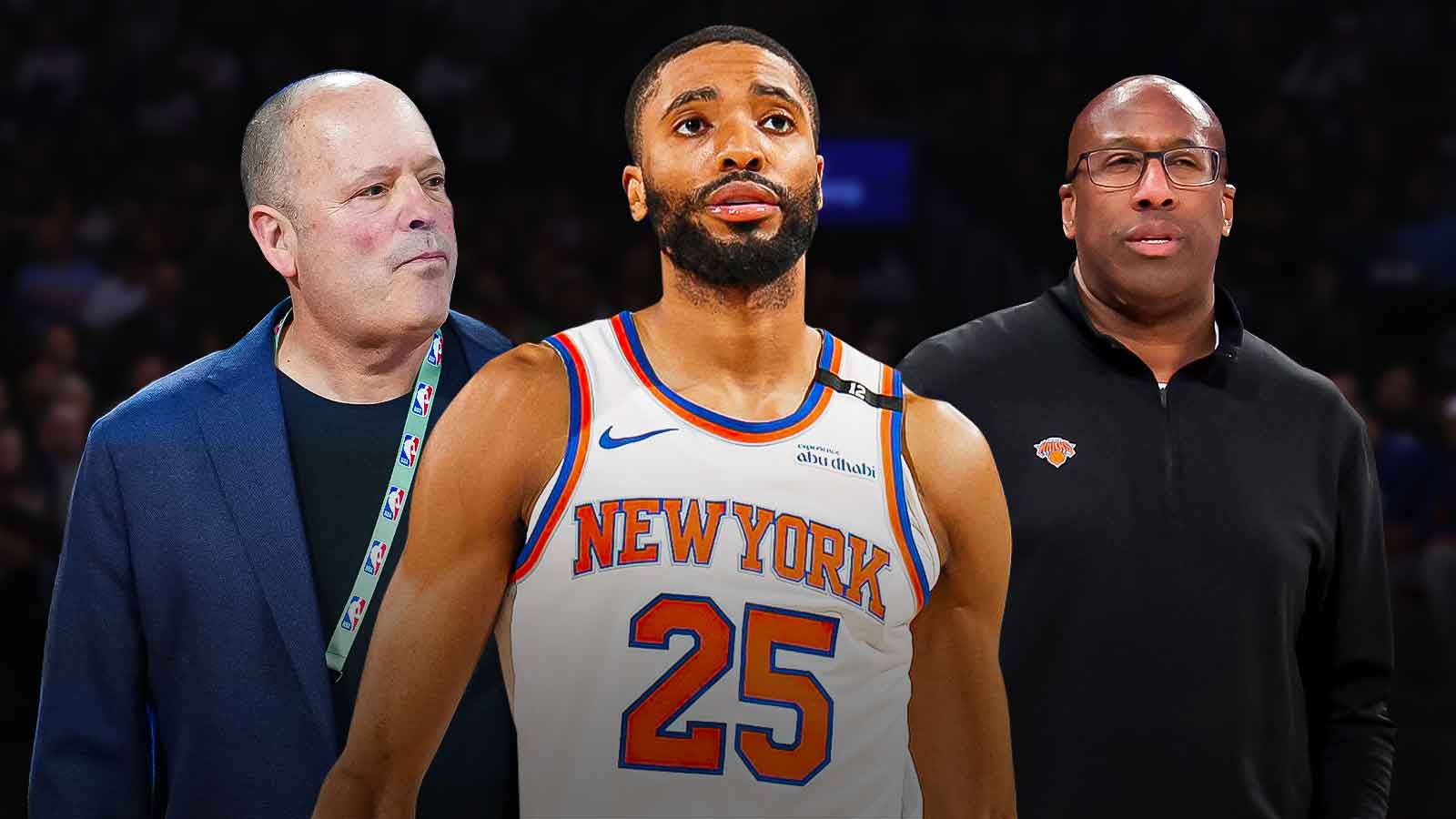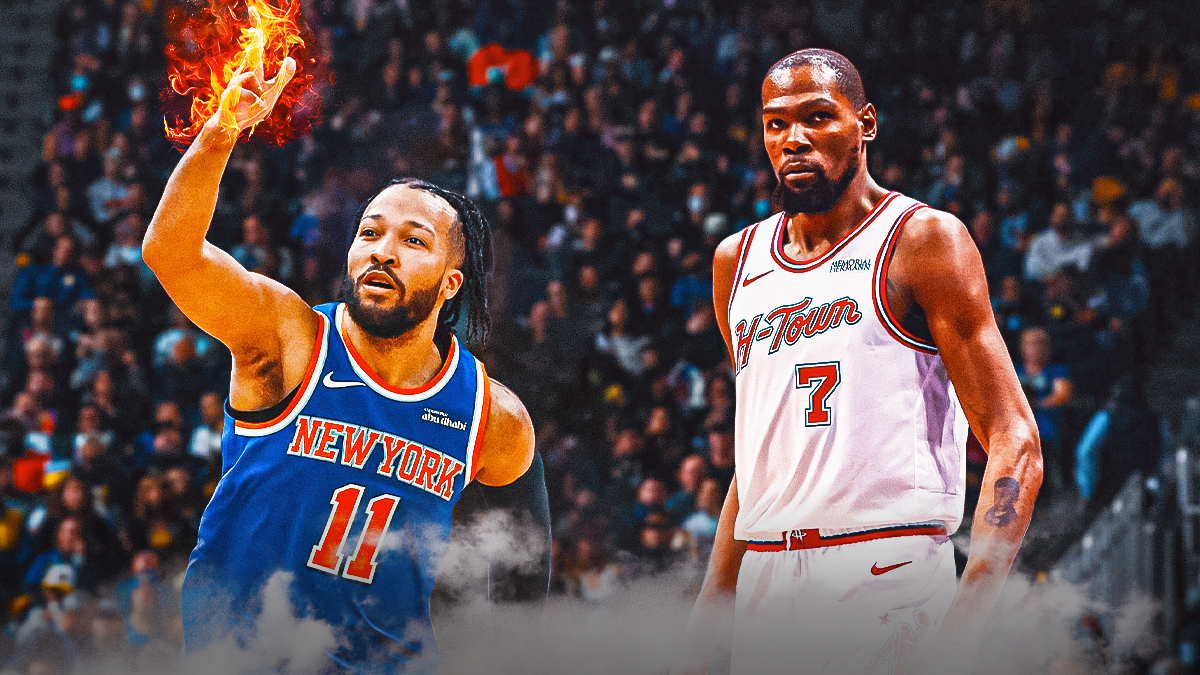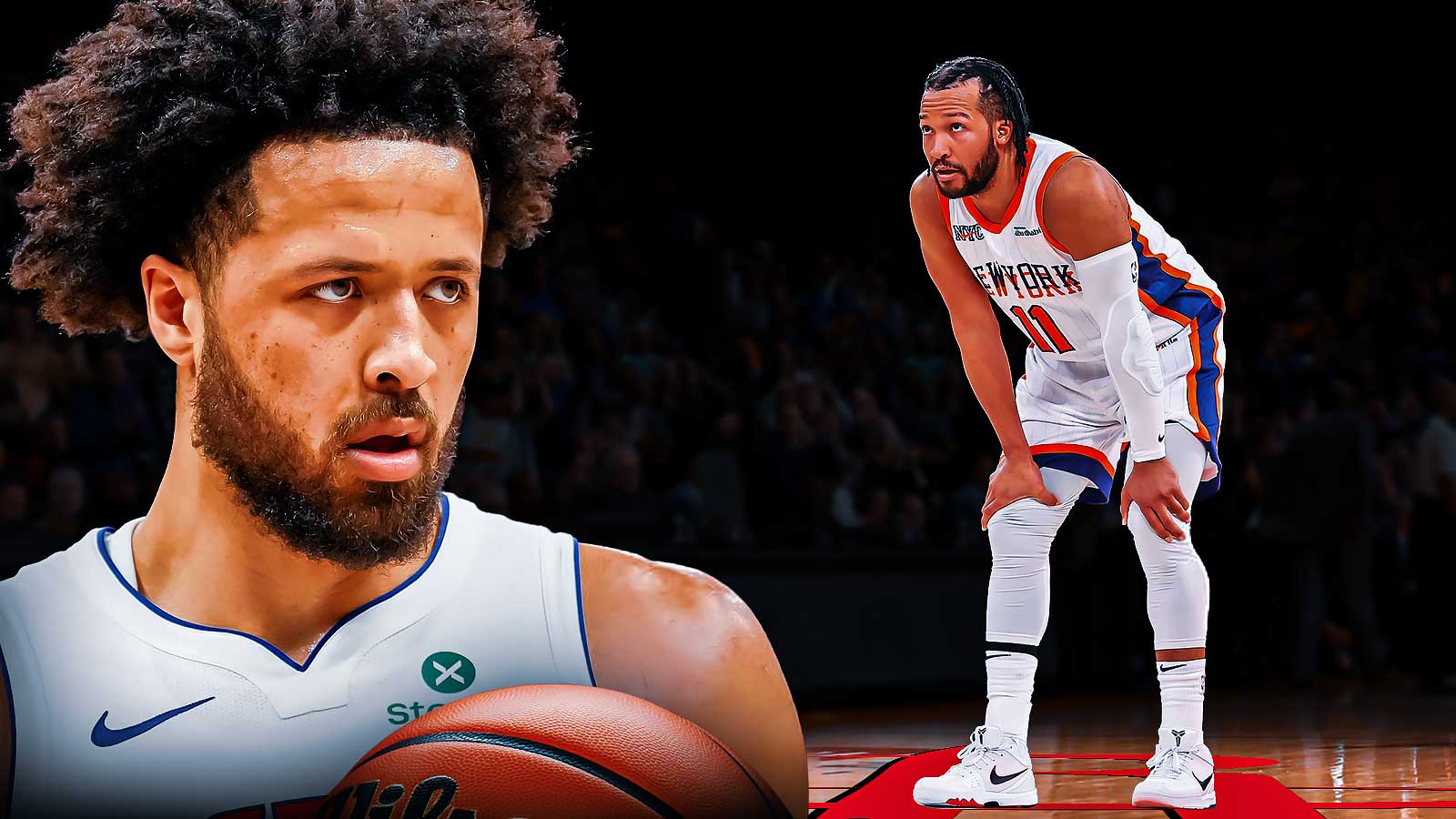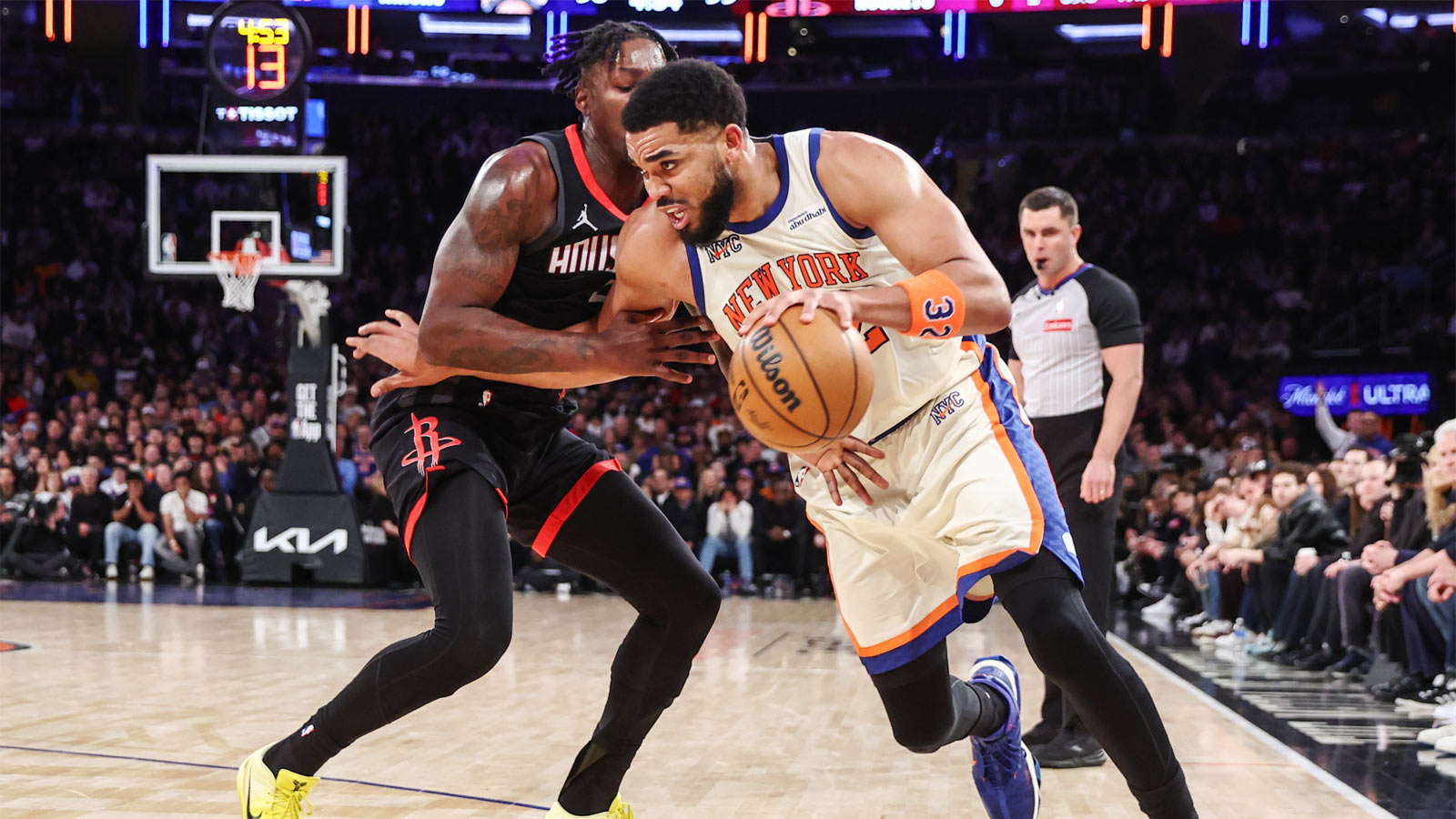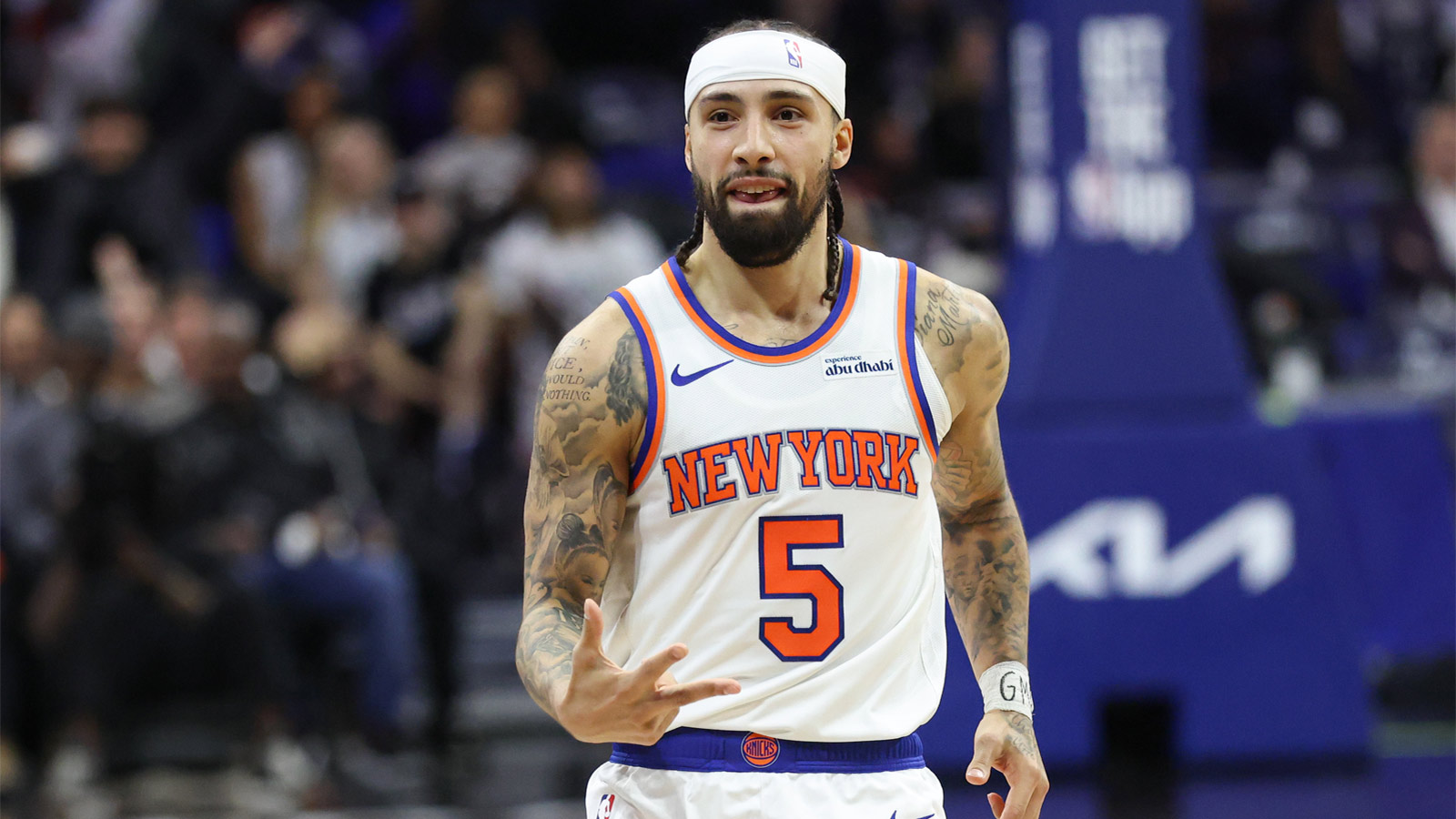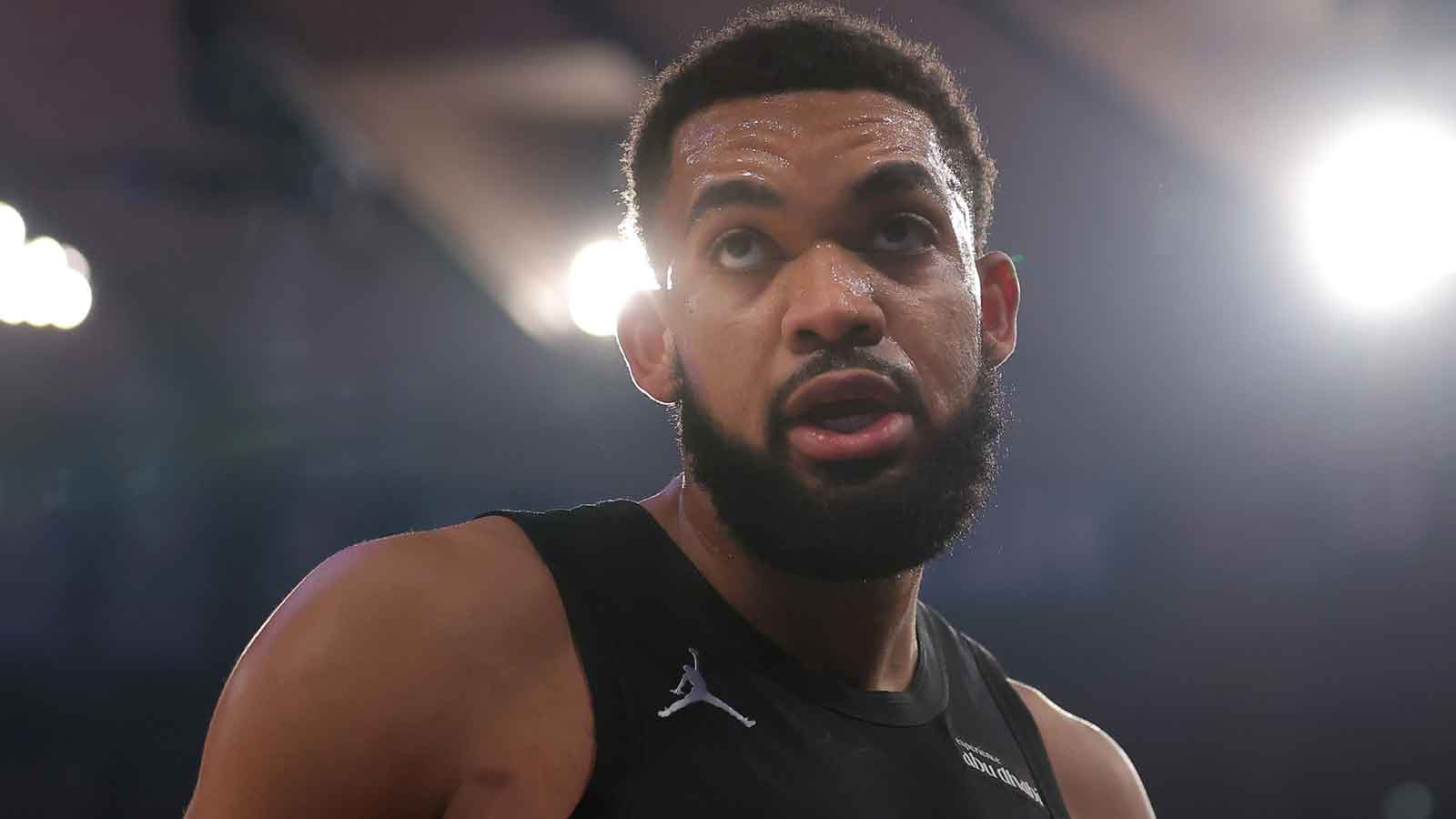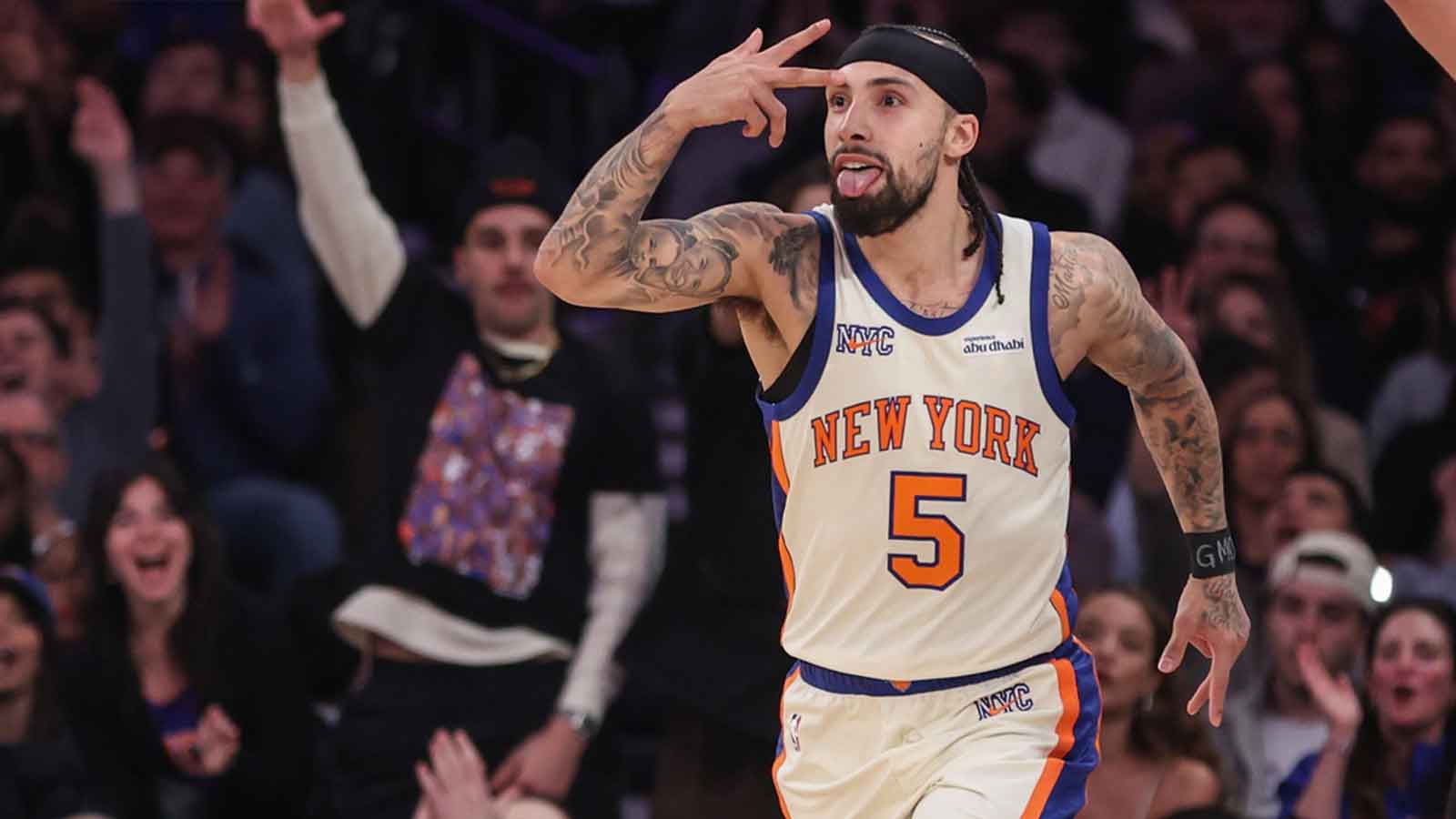The New York Knicks enter the 2025 offseason at a crossroads. After a season that saw them fall short in the Eastern Conference Finals, the franchise stands as one of the NBA’s most talented and expensive rosters, but also one with clear limitations. With nearly all of their payroll tied up in a core of high-priced starters, the Knicks face a pressing need to improve their depth and flexibility if they hope to finally break through to the NBA Finals. To do that, one player stands out as the most logical trade candidate, Mitchell Robinson.
Why Mitchell Robinson Is the Knicks’ Most Tradeable Asset
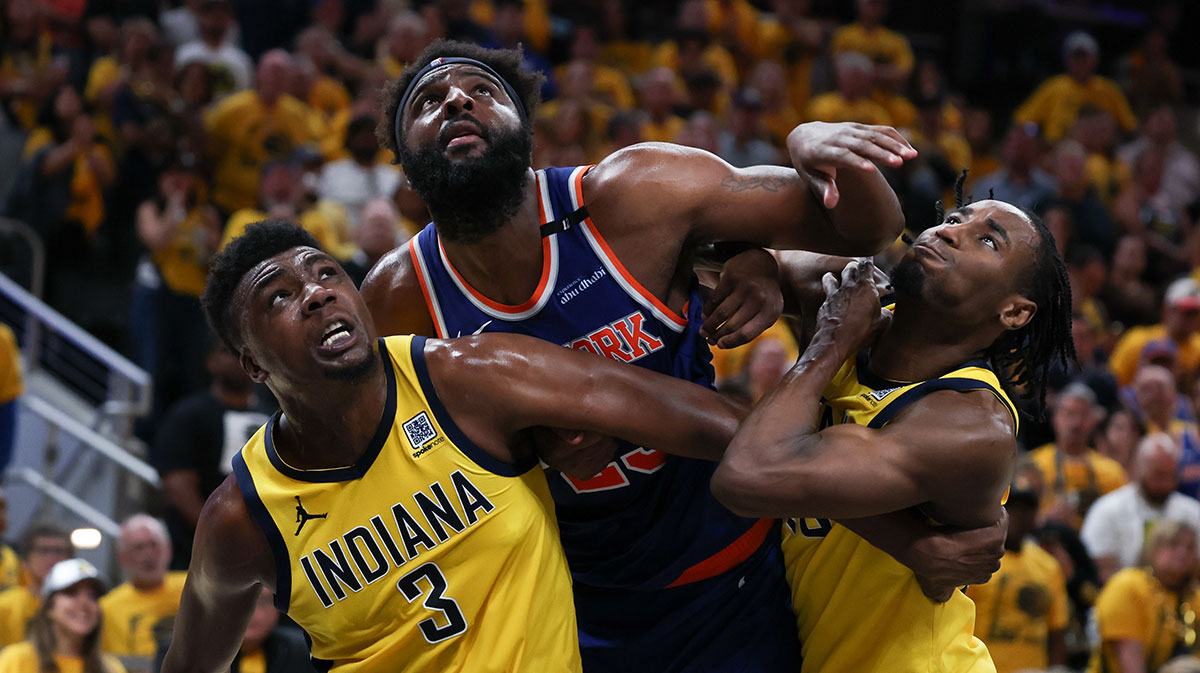
Mitchell Robinson has been a staple of the Knicks’ identity since entering the league, anchoring the paint with elite shot-blocking and rebounding. But as New York’s ambitions have grown, so too have the questions about Robinson’s fit and durability. While he remains a highly effective rim protector, averaging 5.9 rebounds and 0.9 blocks in just 17 games this season, his persistent injury issues have limited his impact and reliability. In the 2024-25 campaign, Robinson once again missed significant time, and his offensive limitations have become more pronounced as the league trends toward versatile, floor-spacing big men.
Financially, Robinson’s contract is one of the few on the Knicks’ books that is both valuable and movable. He is owed just under $13 million next season, a relative bargain for a starting-caliber center, and will be an unrestricted free agent in 2026. This makes him attractive to teams seeking rim protection without a long-term commitment. With the Knicks’ cap sheet dominated by the massive deals for Karl-Anthony Towns, OG Anunoby, Jalen Brunson, and Mikal Bridges, moving Robinson is one of the only realistic ways to add rotation-level talent without sacrificing a cornerstone.
The Knicks’ playoff exit exposed their lack of depth and tactical flexibility. Head coach Tom Thibodeau’s preference for a tight rotation was partly a necessity, as New York simply lacked reliable options beyond its top six players. The bench struggled to maintain leads, and the absence of a true backup point guard forced Jalen Brunson to shoulder a massive load, both as a scorer and playmaker. With Pacome Dadiet and Tyler Kolek still developing, the Knicks need proven contributors who can stabilize the second unit and offer different looks when the starters rest.
Adding another playmaking guard is a clear priority. As noted by analysts, a player who can create offense and facilitate when Brunson sits could be the missing piece that elevates the Knicks from contenders to legitimate title threats. Improving wing depth and perimeter shooting would also help New York keep pace with the NBA’s elite offenses.
The Trade Proposal
A realistic and impactful trade for the Knicks would be to send Mitchell Robinson and a future second-round pick to the Utah Jazz in exchange for Keyonte George and salary filler.
New York Knicks receive:
-
Keyonte George
-
Kelly Olynyk (or similar salary-matching veteran)
Los Angeles Lakers receive:
-
Mitchell Robinson
- 2027 second-round pick
The Jazz, with a crowded backcourt and a need for interior defense, are a logical destination for Robinson. Utah’s starting center spot has been in flux, and Robinson would give them a defensive anchor to pair with their young perimeter talent. His contract is manageable, and the Jazz can afford to take a short-term risk as they continue to retool their roster.
For the Knicks, Keyonte George is an ideal target. The 21-year-old guard averaged 16.8 points and 5.6 assists off the bench last season, showing flashes of dynamic playmaking and scoring ability. He is still on his rookie deal, making him a cost-effective addition who can grow behind Brunson and eventually take on a larger role. Adding a veteran like Olynyk provides frontcourt depth and a different look, a big who can space the floor and pass, complementing Towns and giving Thibodeau more tactical options.
Trading Robinson for George and a veteran big would address two of New York’s biggest weaknesses: backup point guard play and bench scoring. George’s ability to run the offense, attack off the dribble, and hit shots would allow the Knicks to rest Brunson more, reducing the risk of fatigue or injury in the postseason. Olynyk’s shooting and passing would diversify the frontcourt rotation, giving the Knicks a stretch five option they have lacked for years.
Financially, this move helps the Knicks navigate the luxury tax and looming second apron. By flipping Robinson’s salary for a rookie-scale contract and an expiring veteran, New York gains flexibility for future moves and extensions, particularly with Mikal Bridges eligible for a new deal. It also opens up minutes for younger players like Pacome Dadiet and Precious Achiuwa to develop in defined roles.

